Nursing within the framework of the National Disability Insurance Scheme (NDIS) demands a unique set of skills and a deep commitment to professional development. The landscape of disability support is ever-evolving, requiring nurses to continually update their knowledge and skills to provide the highest quality of care. This blog will explore the essential skills and training programs for nurses, continuing education opportunities related to NDIS, and the importance of ongoing professional development in delivering exceptional care.
Overview of Essential Skills and Training Programs for Nurses
Nurses in disability support need to possess a diverse skill set to effectively meet the needs of their patients. Here are some of the essential skills and corresponding training programs that are crucial for nurses working in this field:
- Communication Skills:
- Effective communication is paramount in disability support. Nurses must be adept at interacting with patients who may have speech or cognitive impairments.
- Training Programs: Courses in augmentative and alternative communication (AAC), active listening workshops, and training in non-verbal communication techniques.
- Clinical Skills:
- Nurses must have a strong foundation in clinical skills to manage various health conditions and disabilities.
- Training Programs: Advanced life support (ALS), wound care management, and specialised training in managing chronic conditions such as diabetes or epilepsy.
- Cultural Competency:
- Understanding and respecting cultural differences is essential in providing person-centered care.
- Training Programs: Cultural competency workshops, courses on providing care to Indigenous Australians, and training in working with diverse populations.
- Behavioural Management:
- Nurses often work with individuals who exhibit challenging behaviours. Effective behavioural management strategies are crucial.
- Training Programs: Positive behaviour support (PBS) training, courses in de-escalation techniques, and workshops on managing aggression and self-harm.
- Technology Proficiency:
- Familiarity with assistive technologies and telehealth platforms is increasingly important.
- Training Programs: Workshops on using assistive devices, telehealth training programs, and courses on electronic health records (EHR) management.
- Mental Health Awareness:
- Nurses need to be equipped to address the mental health needs of individuals with disabilities.
- Training Programs: Mental health first aid (MHFA), courses on dual diagnosis (mental health and intellectual disability), and training in trauma-informed care.
Continuing Education Opportunities Related to NDIS
Continuing education is vital for nurses to stay current with the latest developments in disability support and NDIS regulations. Here are some opportunities for ongoing education:
- NDIS-Specific Training:
- Understanding the NDIS framework, policies, and procedures is crucial for nurses working within this system.
- Programs: NDIS orientation modules, workshops on plan management, and training on NDIS pricing arrangements and guidelines.
- Online Courses and Webinars:
- Many institutions and professional organizations offer online courses and webinars focused on various aspects of disability support.
- Examples: Courses on disability rights and advocacy, webinars on innovative practices in disability care, and online training in assistive technology.
- Professional Associations:
- Joining professional associations can provide access to a wealth of resources, networking opportunities, and professional development activities.
- Associations: Australian College of Nursing (ACN), Australian Nursing and Midwifery Federation (ANMF), and Disability Nurses Australia (DNA).
- Conferences and Workshops:
- Attending conferences and workshops allows nurses to learn from experts, engage in hands-on training, and stay updated on the latest research and innovations.
- Events: NDIS Provider Forums, Australian Disability and Development Consortium (ADDC) conferences, and local healthcare workshops.
- Academic Programs:
- Pursuing further education, such as a postgraduate degree or specialized certification, can enhance a nurse’s expertise in disability support.
- Programs: Graduate Certificate in Disability Practice, Master of Disability Studies, and specialised diplomas in disability care.
Importance of Ongoing Professional Development in Delivering High-Quality Care
Ongoing professional development is not just beneficial; it is essential for delivering high-quality care in the disability support sector. Here are several reasons why continuous learning is crucial:
- Improved Patient Outcomes:
- Nurses who engage in ongoing professional development are better equipped to provide effective, evidence-based care. This leads to improved health outcomes and quality of life for patients.
- Adaptation to Technological Advancements:
- The healthcare field is rapidly evolving, particularly with the advent of new technologies. Continuous education ensures that nurses remain proficient in using the latest tools and devices.
- Compliance with Regulatory Standards:
- The NDIS has specific regulatory requirements that providers must adhere to. Ongoing training helps ensure compliance with these standards, thereby avoiding potential legal and financial repercussions.
- Enhanced Job Satisfaction:
- Professional development fosters a sense of competence and confidence in nurses. This can lead to higher job satisfaction, reduced burnout, and greater retention rates in the workforce.
- Leadership and Career Advancement:
- Nurses who pursue continuous learning are often better positioned for leadership roles and career advancement. Advanced skills and knowledge open up opportunities for career growth and specialization.
- Fostering a Culture of Learning:
- Encouraging ongoing education creates a culture of learning within healthcare organizations. This culture promotes collaboration, innovation, and a commitment to excellence in patient care.
- Responding to Patient Needs:
- The needs of individuals with disabilities are diverse and can change over time. Ongoing education enables nurses to adapt their care approaches to meet these evolving needs effectively.
Conclusion
For nurses in the disability support sector, ongoing professional development is a critical component of providing high-quality care. By continually updating their skills and knowledge, nurses can better navigate the complexities of the NDIS, integrate new technologies into their practice, and ultimately improve the lives of the individuals they support. At AB Nurses, we are committed to fostering a culture of continuous learning and professional growth, ensuring our nursing staff is well-equipped to meet the challenges and opportunities in disability support.
Investing in professional development is an investment in the future of healthcare, empowering nurses to deliver compassionate, competent, and cutting-edge care to those who need it most.




